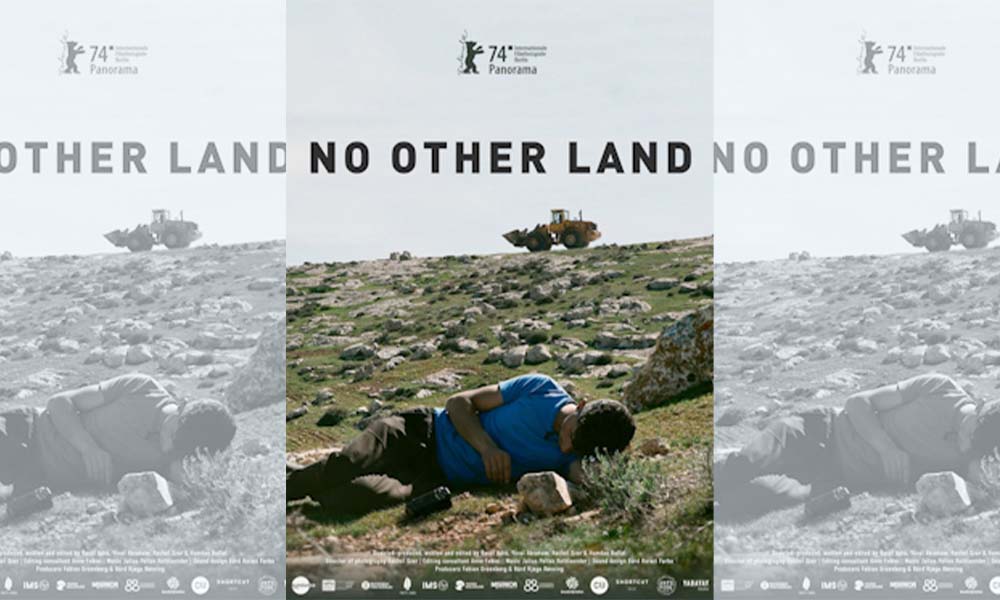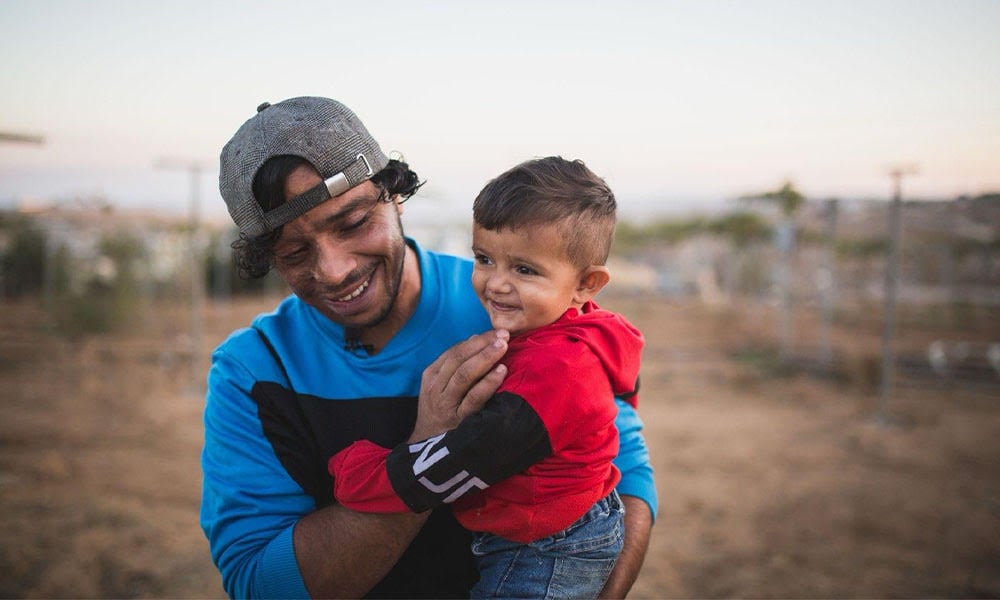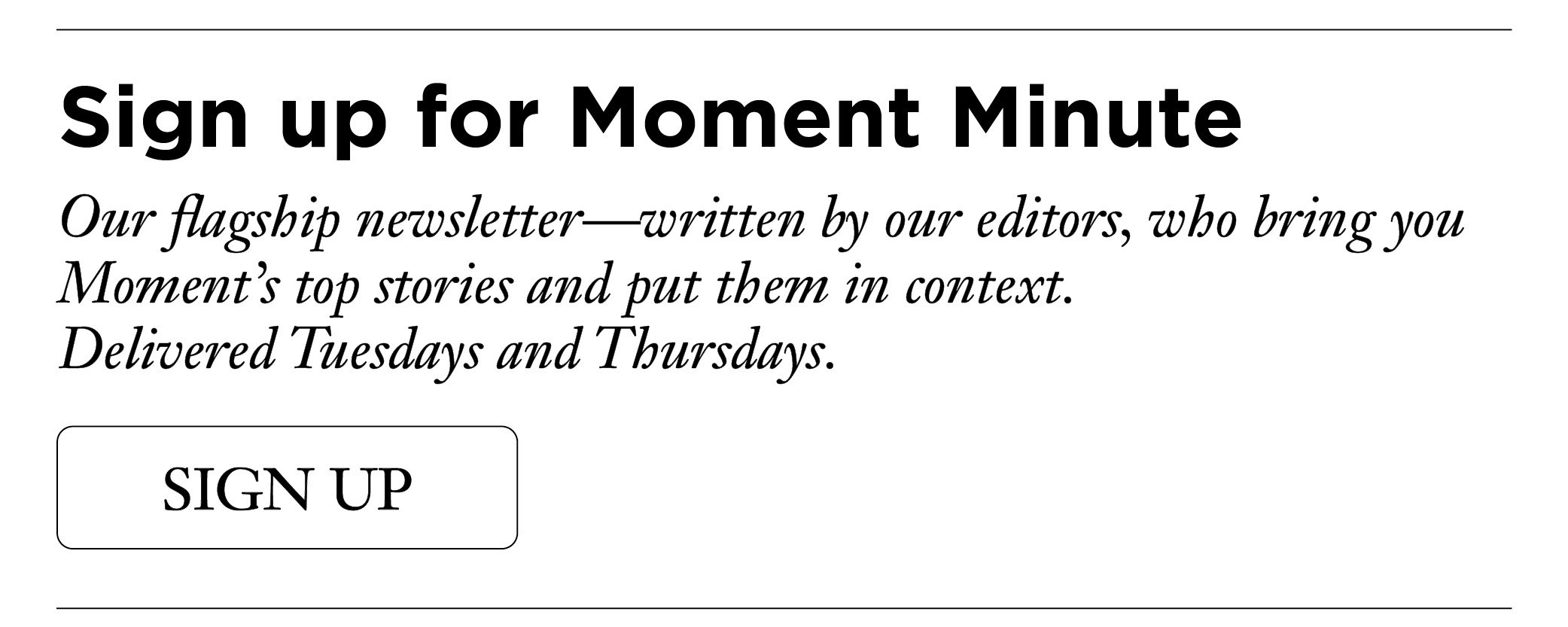On July 21, the rocket alarms in the West Bank settlement of Carmel in the south Hebron hills began to go off. I was in the nearby Palestinian village of Umm al-Khair, sitting with a group that included Awdah Hathaleen, whose first thought was of his oldest son, Watan, age five. Watan is known in the village for being among the children most afraid of that sound. Awdah and the other Palestinians I was with quickly went to locate him and found him running toward his house, crying. His father scooped him up and began to comfort him, telling him that it would be okay.
As rockets from Yemen soared overhead and some detonated, a few of us chuckled at the absurdity of the situation, and Awdah and I exchanged looks. What he said next, I’ll never forget: “Remember the conversation we had a few nights ago? If this is the reality, if this is how my kids will grow up, I will leave.” One week later, he was murdered by an Israeli settler.
He believed in holding on to land, in reaching out across divides, in friendship, in honesty. He meant the world to me.
The conversation he alluded to had occurred on a night like so many others; we had barbecued, drunk cola and Sprite, and were sitting outside his house, smoking cigarettes. The situation in Umm al-Khair and the greater West Bank had never been good during Awdah’s life, but since COVID, and especially since October 7, things had deteriorated dramatically. Demolitions of property; settler incursions and violence; increased surveillance; denial of access to grazing lands and general movement; and the inability of many villagers to cross checkpoints and work in Israel had taken a massive toll on the residents. Work was hard to come by. Even those employed by the Palestinian Authority—teachers like Awdah, engineers, doctors—had seen their salaries cut. The village had experienced large-scale demolitions at the hands of the Israeli Civil Administration over the past year.
As we sat there on that mid-July night, we laughed at how happy so many villagers would be if they could return to the time before COVID. Back then, they were still under occupation and still living under an unequal system, but compared to their current reality, it felt like heaven. I talked about how, as an American raised to believe that hard work leads to a better life for your children, it devastated me to see how much worse things had gotten since I first arrived as a volunteer in Masafer Yatta in 2021. I am 29 years old now, and many of my friends and peers in the village have had multiple children since I came at age 26. Without exception, the lives of those children are harder than their parents’.
So it wasn’t surprising when Awdah told me that he was seriously thinking of leaving. Awdah was very familiar with both the difficulties of Masafer Yatta, the region where Umm Al-Khair is located, and the difference in life in much of the rest of the world. He had traveled many times telling his story in Europe, even spending time at a summer camp in Italy. He taught elementary school English, and had been exposed through his meetings with teachers and activists from around the world to how students not living under occupation experienced education and schooling.
Many Palestinians in Masafer Yatta consider leaving—whether to relocate to Area A, where there is less direct settler violence, or to leave the West Bank entirely, to a place where their lives wouldn’t be controlled day-to-day by an occupying force. Relocation is pushed openly by many in the Israeli government, who have access to vast resources, military support, and different legal systems for different populations. And so many do leave. It doesn’t happen quickly, and Palestinian resilience is incredibly strong, but bit by bit, more land falls under settler and state control. Villages I used to visit have been destroyed, with the villagers now living in Area A. Land where I once walked with Palestinian shepherds is now cultivated by Israeli agriculture. Water sources that used to sustain whole communities are now blocked off—unused by the nearby settlements, due to their connection to the larger water grid, but made inaccessible to Palestinians.
This was the context in which Awdah told me that if nothing changed, he could not allow his children to live like this forever. I understood. I knew many in the village disagreed and had already committed to staying, no matter the cost. For them, Umm al-Khair was where they would make their stand. But Awdah had a wife and three sons under the age of five. Seeing how the stress, the rockets, the demolitions, the settler attacks and the constant dread of violence were already affecting them—how it would shape their entire adolescence—was breaking him down. With no end in sight, that reality was winning, more and more each day.
I met Awdah in 2021, when I arrived to partake in an Arabic language learning and protective presence course my cousin had created with Palestinian activists in the area. The idea of protective presence is not unique to Israel/Palestine, but in a system where Israeli/Jewish bodies are inherently treated and valued differently than others, we put ourselves in between Israeli soldiers/settlers and Palestinians, and film, in order to try and prevent even worse violence and aggression. We lived in villages in the region and worked closely with many of the activists who later won the Oscar for No Other Land, including Awdah, who was a major consultant on the film. (I lived in co-director Basel Adra’s basement most of my time there.)

The first thing Awdah ever said to me was, “Why the fuck are you wearing that shirt?”—referring to an Arsenal club jersey I was wearing. We quickly bonded over soccer, a shared love of grilling, and my willingness to just be a friend without needing to talk about politics all the time. I saw how he was able to connect with so many people, and how passionate he was about sharing his story. He wasn’t above guilting activists to get them to stay in the village for the night, but he made sure they were taken care of once they were there, even if the vegetarianism of some made no sense to him. Our friendship was honest and warm, and as it deepened, I understood how many projects he was simultaneously working on for his community, including fundraising for school supplies and playgrounds, as well as the summer camp and the trips it took, and the political relationships he managed to ensure relations and harmony were maintained. I cherished our conversations, our laughs and the dreams we shared. One of those dreams was to build an official soccer field of flat turf for Umm al-Khair, where a Barcelona-Real Madrid game shuts everything down for two hours and local kids play soccer on the dirt fields no matter how many rocks or divots or glass bottles settlers have tossed over the fence. Awdah was one of the biggest Real Madrid fans in the village and was a very solid player himself in his youth. A few weeks before his death, I had finally secured a donor to make the dream of a turf field happen. We were days away from starting the work. When I asked if he was excited, he told me, “I don’t want to be excited anymore. I want to play.” He never will.
On July 28, a settler was operating an excavator on land behind Umm al-Khair, clearing an area used by settlers from Carmel for prayer. Instead of returning along the road, the driver drove through Palestinian land, destroying a sewage pipe and several olive trees. My friend Ahmad, a few other villagers and I tried to block it from continuing, but the driver refused to stop, then struck Ahmad on the shoulder with the machine’s jackhammer. I ran to help him and to translate the volunteer medics’ English instructions for him, as he was clearly concussed and severely bruised. While this was happening, I heard two loud booms and then screaming.
I sprinted toward the community center to get Ahmad water, and when I entered the gate, I saw Awdah lying on the basketball court, bleeding. A bullet had passed straight through him. Just 35 meters away, another settler paced back and forth with a pistol in his hand. I later found out that he was Yinon Levi, the owner of the company that supplied the excavator and a man already sanctioned for violent actions by multiple governments. I approached him and said, “You just killed someone.” He responded, “And I’m happy about it.”
Not long after, IDF soldiers arrived. I attempted to get into the ambulance with Awdah to ensure an Israeli friend was there with him, but the army and police said no, and pushed all the Palestinians and activists into an enclosed, fenced-off area. A few minutes later, Levi came and pointed to the Palestinians he wanted arrested. The soldiers complied. Some told me they wished they had been the ones to shoot Awdah. In the past, the soldiers would stop at telling me that I am a traitor or unsafe with Palestinians, but since they have begun masking up, they have felt far more free to speak their minds to other activists and myself. Levi was placed under house arrest. Over the next few nights, more than 15 Palestinians from Umm al-Khair were taken by the army. They were beaten, interrogated and ordered to stay 100 meters away from the Carmel settlement for two months. Meanwhile, Levi was released from house arrest and returned to supervise the ongoing work in Umm Al-Khair a few days later. The State of Israel held Awdah’s body for more than ten days before allowing it to be buried. They closed the road to the village and blocked dozens of activists and hundreds, if not thousands, of Palestinians from attending his funeral. I leave you to ask why.
Awdah believed things could be different. He had many Israeli and Jewish friends. He believed in nonviolent resistance. He told me several times that he disliked Hamas and what they stood for. None of that mattered. He was murdered. There is clear video showing him filming, from over 30 meters away, both Ahmad being struck by the excavator driver as well as other Palestinians confronting Levi. There is even footage he himself took as he was being shot. Yet there will likely be no justice. Awdah was Palestinian. Levi is Israeli. That is how apartheid functions.
Hundreds of Palestinians have been killed in the West Bank since October 7. In the past month alone, at least five were killed by settlers, including a Palestinian American citizen. Awdah’s case was the only one where anyone was even arrested.
Awdah was a dear friend to me and to many others. He taught us what hope could look like, even in impossible conditions. He believed in holding on to land, in reaching out across divides, in friendship, in honesty. He meant the world to me. And as I wrote this, I considered saying it is hard to believe that he is gone. But it isn’t.
Awdah was born in the West Bank, a Palestinian on the wrong side of a fence. The government that controlled his life—one that sent bulldozers to destroy his family’s homes, soldiers to raid them and that denied them access to the water and electricity that ran through their land to nearby settlers—wanted him gone. One way or another, it happened. An Israeli settler shot him. The Israeli army protected the killer. In the end, it’s not hard to believe. Millions of people have lost someone this way to the State of Israel. Now I’m just one of them.
Top image: Awdah Hathaleen with his son Watan in 2024. Credit: Masafir Yatta Municipal Council, Hadhalin (CC BY-SA 2.5)



